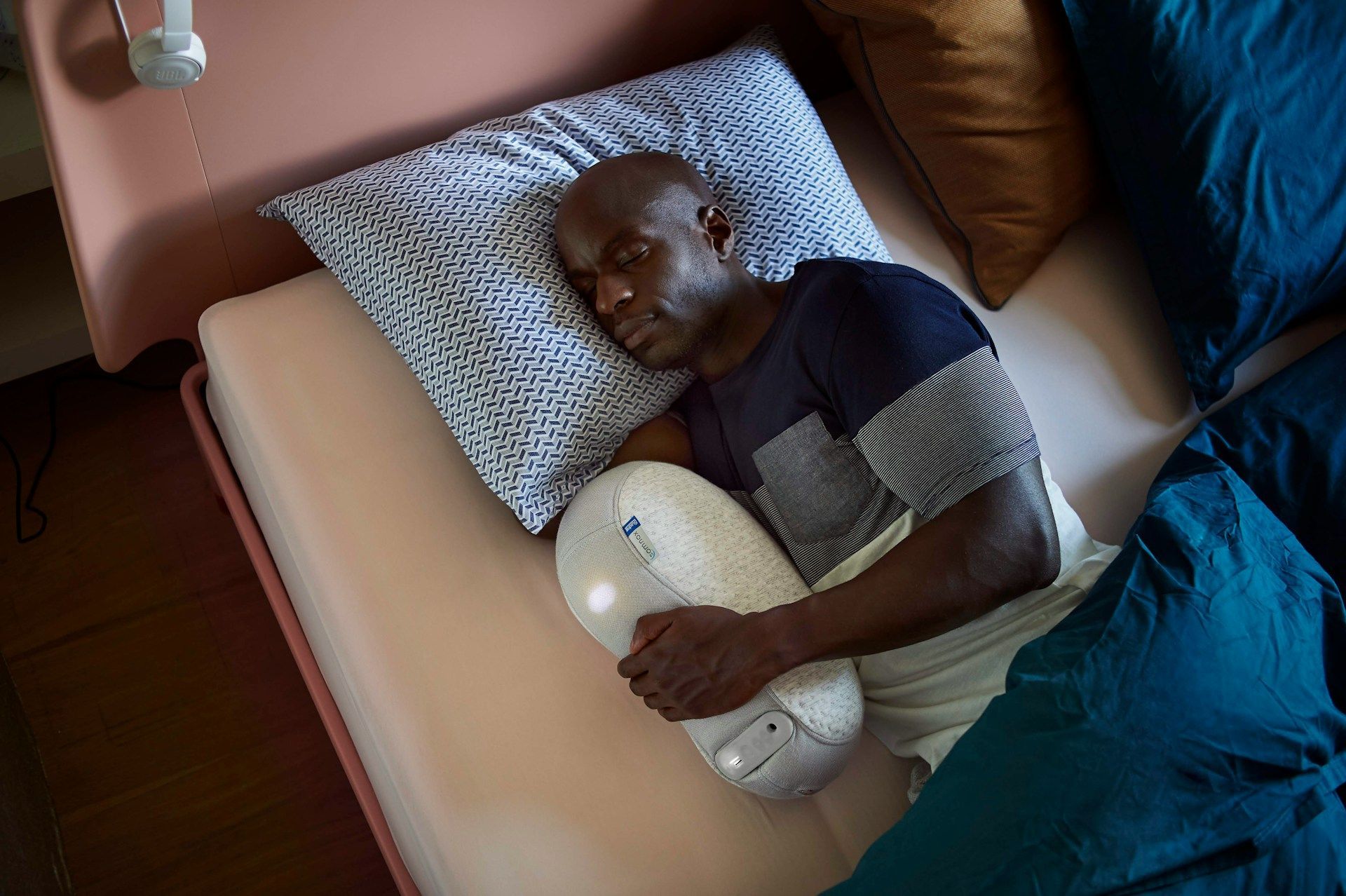The Link Between Sleep Apnea and TMJ Disorders: Symptoms, Diagnosis, and Treatment

Sleep apnea is a common sleep disorder that affects millions of people worldwide, causing disruptions in breathing during sleep and potentially leading to several health complications. Sleep Advantage, a sleep apnea treatment center in Arlington, WA, is dedicated to offering comprehensive care for patients struggling with sleep apnea, especially those intolerant to CPAP therapy or dealing with snoring issues. However, the scope of sleep apnea extends beyond those conditions, as it is sometimes linked to temporomandibular joint (TMJ) disorders. This blog post aims to provide an informative guide on the relationship between sleep apnea and TMJ disorders, discussing their symptoms, diagnosis, and appropriate treatment options.
Temporomandibular joint disorders involve dysfunction of the jaw joint and surrounding muscles, often causing symptoms like jaw pain, restricted jaw movement, and difficulty chewing. Interestingly, research has found a potential connection between TMJ disorders and sleep apnea, as individuals with impaired jaw function and alignment are more likely to experience airway obstruction during sleep, leading to apneas. Therefore, understanding the link between these two conditions is crucial for seeking appropriate treatment and improving overall sleep health.
This article will delve into the symptoms and diagnosis of TMJ disorders, highlighting the importance of identifying their association with sleep apnea. By discussing this connection, the goal is to inform and educate individuals about the need for comprehensive care, which addresses both the sleep apnea and TMJ components of their condition. Additionally, this article will discuss the various treatment options available, including non-invasive methods like oral appliances, emphasizing the importance of professional support from sleep specialists and experienced dentists.
As a sleep apnea treatment center, Sleep Advantage recognizes that a personalized and holistic approach to care is essential in addressing the multifaceted nature of sleep disorders. By exploring and discussing the link between sleep apnea and TMJ disorders, our goal is to offer additional support and resources to help patients achieve a healthier and more restful sleep experience.
Symptoms of TMJ Disorders and Sleep Apnea
When evaluating the relationship between sleep apnea and TMJ disorders, it is essential to identify the most common symptoms associated with each condition. While some symptoms are unique to each disorder, there are overlapping signs that suggest a potential connection.
TMJ Disorder Symptoms:
- Jaw pain or tenderness
- Stiff or sore jaw muscles
- Limited jaw mobility or locking
- Clicking or popping noises during jaw movement
- Difficulty chewing or biting
- Changes in bite or jaw alignment
Sleep Apnea Symptoms:
- Loud, persistent snoring
- Gasping or choking during sleep
- Pauses in breathing during sleep
- Daytime fatigue or drowsiness
- Morning headaches
- Difficulty concentrating or memory problems
- Irritability or mood changes
By thoroughly evaluating these symptoms and understanding their impact on sleep and overall health, both patients and healthcare professionals can better identify when a connection between sleep apnea and TMJ disorders may be present.
Diagnosis and Assessment of TMJ Disorders and Sleep Apnea
Determining the link between sleep apnea and TMJ disorders requires a comprehensive assessment by a qualified healthcare professional. This evaluation typically involves a thorough review of medical history, physical examination, and possibly imaging or sleep testing.
An experienced dentist or sleep specialist will evaluate jaw function, alignment, muscle tenderness, and range of motion to diagnose TMJ disorders. In cases where sleep apnea is suspected, a sleep study may be conducted to monitor breathing patterns, oxygen levels, and other sleep-related factors to determine the severity of the apneas.
Upon confirmation of sleep apnea and TMJ disorders, the healthcare professional will establish a comprehensive care plan to address both conditions, taking into account their severity, individual patient needs, and preferences.
Treatment Options for Sleep Apnea and TMJ Disorders
Addressing sleep apnea and TMJ disorders requires a holistic and personalized approach, targeting the specific issues relevant to each patient. Treatment options may include the following:
Oral Appliances: Specially designed oral appliances can help treat both sleep apnea and TMJ disorders simultaneously. These devices work by repositioning the lower jaw or tongue to maintain an open airway and support proper jaw function, relieving the strain on TMJ muscles.
Orthodontic Treatment: In cases where misaligned teeth or bite issues contribute to TMJ disorders and sleep apnea, orthodontic treatments like braces or clear aligners may be recommended to establish a proper jaw alignment and improve overall function.
Behavioral Therapy: Addressing lifestyle factors and habits can help alleviate the symptoms of both conditions. This may involve establishing healthy sleep routines, managing stress, practicing relaxation techniques, and avoiding actions that strain the jaw muscles, like teeth grinding or excessive gum chewing.
Physical Therapy: To improve jaw function and reduce pain, physical therapy may be recommended. This can include specific exercises, stretches, and techniques to strengthen jaw muscles and improve joint mobility.
Medication and Pain Management: In some cases, medications like anti-inflammatories or muscle relaxants may be prescribed to control pain and inflammation associated with TMJ disorders. Additionally, over-the-counter pain relievers may be helpful in reducing symptoms.
The Importance of Professional Support
Patients affected by sleep apnea and TMJ disorders can greatly benefit from the guidance and support of healthcare professionals. Experienced dentists, sleep specialists, and other medical providers can work together in determining the appropriate course of treatment to improve sleep quality, reduce symptoms, and enhance overall well-being.
Conclusion
Understanding the link between sleep apnea and TMJ disorders is an essential component of providing comprehensive care for individuals afflicted with these conditions. By seeking professional support and exploring the available treatment options, patients can experience relief from their symptoms and enjoy a more restful and healthy sleep.
Understanding and addressing the link between sleep apnea and TMJ disorders is part of Sleep Advantage's commitment to supporting its patients' overall well-being. By shedding light on this association and encouraging comprehensive care, the hope is to empower those struggling with sleep apnea and TMJ issues to seek professional assistance, ultimately leading to improvements in their sleep quality, health, and livelihood. Contact our
Arlington sleep center to learn more about sleep apnea!










